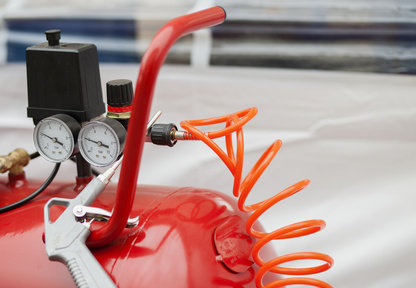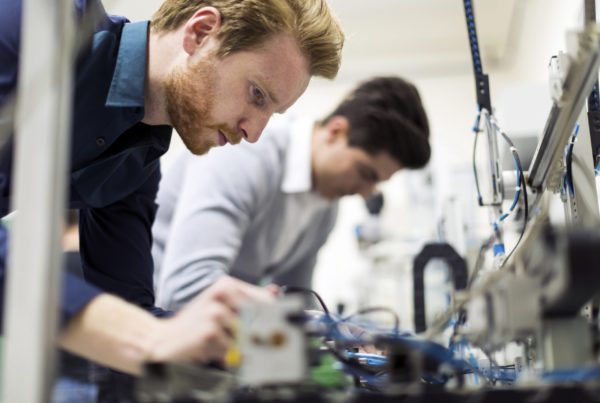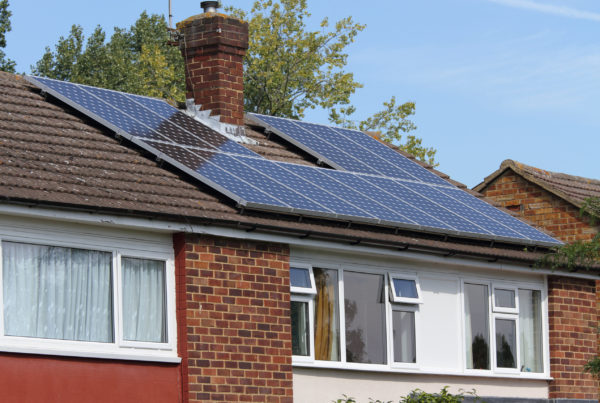
What is it?
Waste heat recovery is a very broad topic with a plethora of applications. The focus of this brief is on heat recovery of air compressors. These types of systems take compressor oil, or air used to cool the compressor, and transfer it to another useful application.
How does it work?
Compressors are either air or liquid cooled. Air compressors are only 10-15% efficient. The remaining 85-90% is waste heat. Compressor oil, or liquid coolant, can be used to heat domestic hot water or process hot water. Air cooled compressors can also have the cooling air mixed with plant supply air to reduce or eliminate the heating necessary for portions of the year. Generally, however, it must be a simple and inexpensive installation to be cost effective.
What are the most appropriate applications?
Facilities that run their compressors continuously could benefit greatly from recovering heat. Typically, medium sized manufacturing or industrial plants have minimal domestic hot water usage or smaller space heating loads that can be completely offset. Similarly, any facility with a constant need for heat and constant need for compressed air can benefit as well.
What are the savings?
A 100 hp compressor can have up to 156,000 Btu/hr of recoverable heat. That’s enough to heat two residential homes. Recovering half of that heat all year could result in 6,800 therms or 200,000 kWh of heating energy savings.
What is the cost?
Costs vary significantly depending on if air or liquid cooling is used, and where the recovered heat energy is being delivered. Payback for these types of systems typically range from 3-5 years, but can be as low as 1 year. Keep it simple.
What is the status/availability of the technology?
This technology is readily available through multiple vendors.
What kinds of incentives/programs are available?
These types of systems are usually processed through custom rebate programs. Incentives vary depending on if the usage is offsetting gas or electric heating supplies. Most systems are installed on compressors of at least 100 hp.



